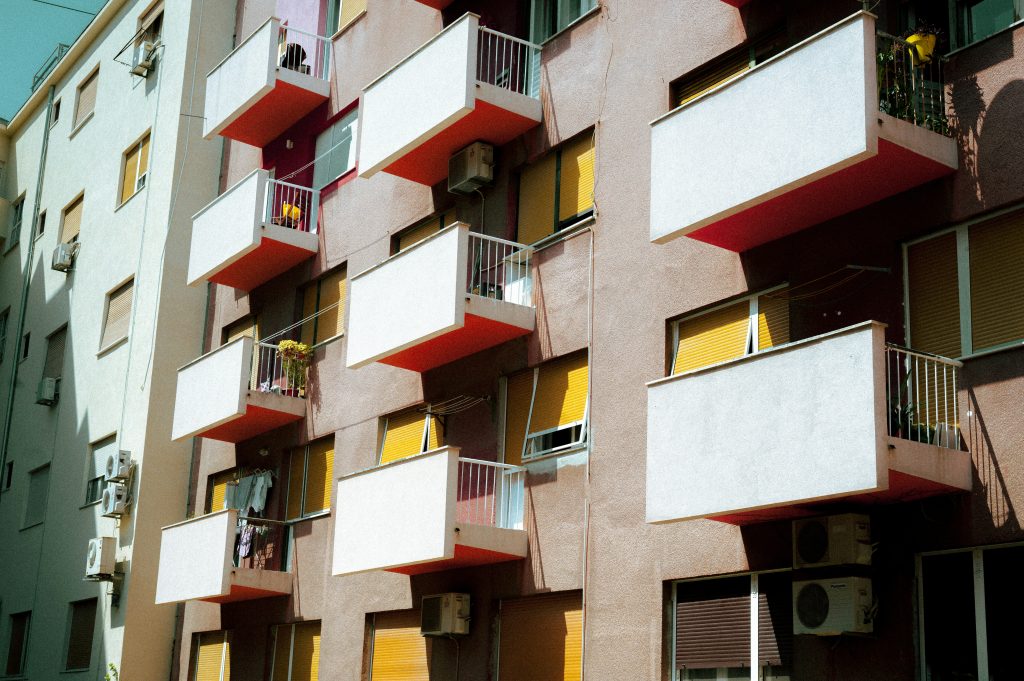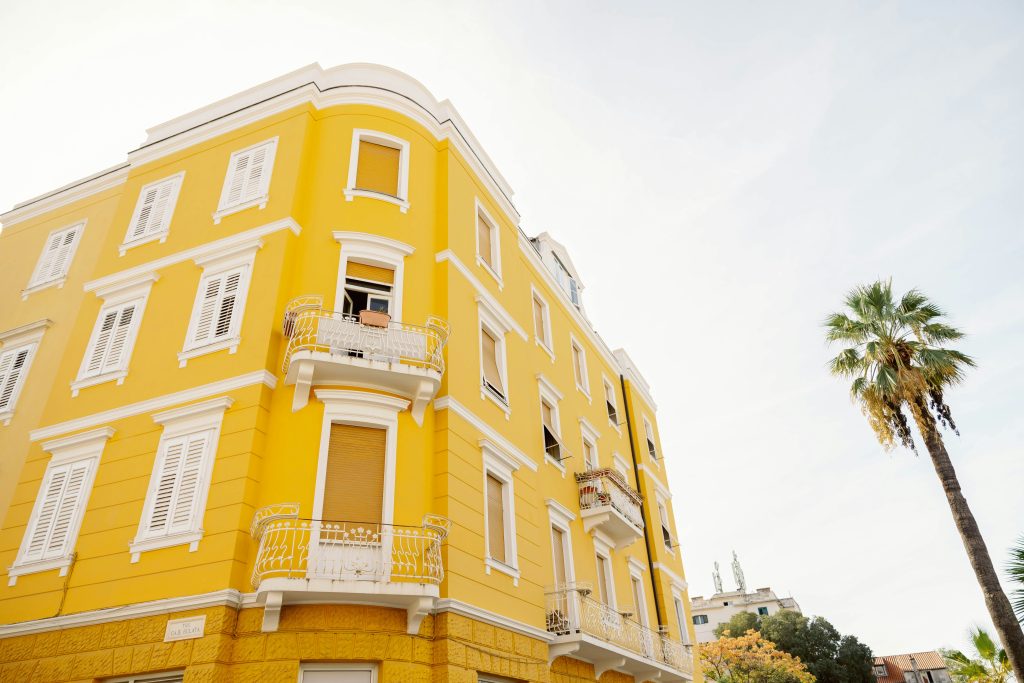November the 7th, 2024 – Croatian landlords have been up in arms about recently proposed amendments for property owners who rent their properties out. They have referred to it as illogical and even unconstitutional.
As Poslovni Dnevnik/Jadranka Dozan writes, around one week ago, a two-week public consultation was opened on the proposed amendments to the Act on Hospitality Activities. We’re only halfway through the proposed legal solutions, and about 70 comments have already been made.
Not unexpectedly, the news related to family/private accommodation, i.e. short-term tourist rentals, made landlords angry. That anger relates to the definition of the term “host” and the introduction of the obligation to obtain the consent of 80 percent of the building’s tenants when issuing a short-term rental decision.
According to the explanation from the ministry, the definition of the term “host” will represent “the legal basis for distinguishing real family accommodation from renters who provide accommodation in a household exclusively for the purpose of performing economic activities”.
According to the proposed definition, a landlord is considered to be the owner of a property they rent out. They must also have registered residence in that same area where their rented out property is located.
Disputed residence criterion

In the explanation in this regard, it is stated that “the proposed law doesn’t prescribe different conditions for hosts compared to other renters, it only defines what a host is. However, the possibility is opened that changes in tax laws prescribe different tax treatment for hosts and other renters who provide accommodation services within a household, solely with the aim of carrying out an economic activity that represents unfair competition to the household and the rest of the tourism sector, and which significantly affects the reduction of the housing stock and the quality of housing”. Long winded indeed.
While the Tourism Ministry believes that this will work to position family accommodation as an added value of Croatian tourism and enable the branding of accommodation with hosts, many comments suggest that instead of more queues, this will actually just result in constitutional lawsuits.

Residence as a criterion for “host” status is being considered by many Croatian landlords to be discriminatory, illogical and unconstitutional. “Both hosts and non-hosts perform the same activities, and both can be available to guests, regardless of their address,” one commentator pointed out.
Another, on the other hand, stated that part of the reaction also raises the issue of different legal and tax treatment, i.e. the “division between rentiers and homeowners” from the point of view of multi-apartment buildings versus private buildings for rent. Some Croatian landlords quite rightly state that “hosts” often move out during the season and are several tens of kilometres away from their guests, to whom they often don’t even personally hand over the keys.
In the context of the residence of the “host”, Croatian landlords also point out that, according to the proposed law, someone can be in another county and thus be without the status of a host even though their residence is 1-2 kilometres away. That is as opposed to someone who has a residence in a local authority 50 kilometres away within the same county.
obtaining consent of 80% of a building’s tenants

When it comes to the obligation to obtain the consent of co-owners in buildings, “in order for the state to condition the signatures of 80% of them, it would first have to ensure a completely resolved property-legal situation and known ownership in the land registers. Without that, such a proposal of the Law is unconstitutional”, warn some.
the very real potential for blackmail

Other Croatian landlords set to be affected by this believe that this opens up space for blackmail, and the explanation that it isn’t known who enters the building are considered completely wrong. This is because guests are required to present an identity document and are registered through the eVisitor system. They add that using this bizarre logic, the question could also be raised as to whether notaries, law firms and other businesses who have offices inside residential buildings should also seek the consent of 80% of the tenants.
“The argument that only tourists create noise is simply wrong. Everyone inside a residential building is obliged to respect the rules”, some state. Some of the e-counselling participants ultimately read the proposed legal solutions in such a way that they “help the hoteliers whose owners are mostly foreigners”, but some of them also see discrimination in terms of continental and coastal Croatia. As previously reported, it is now firmly believed that constitutional lawsuits are afoot.









